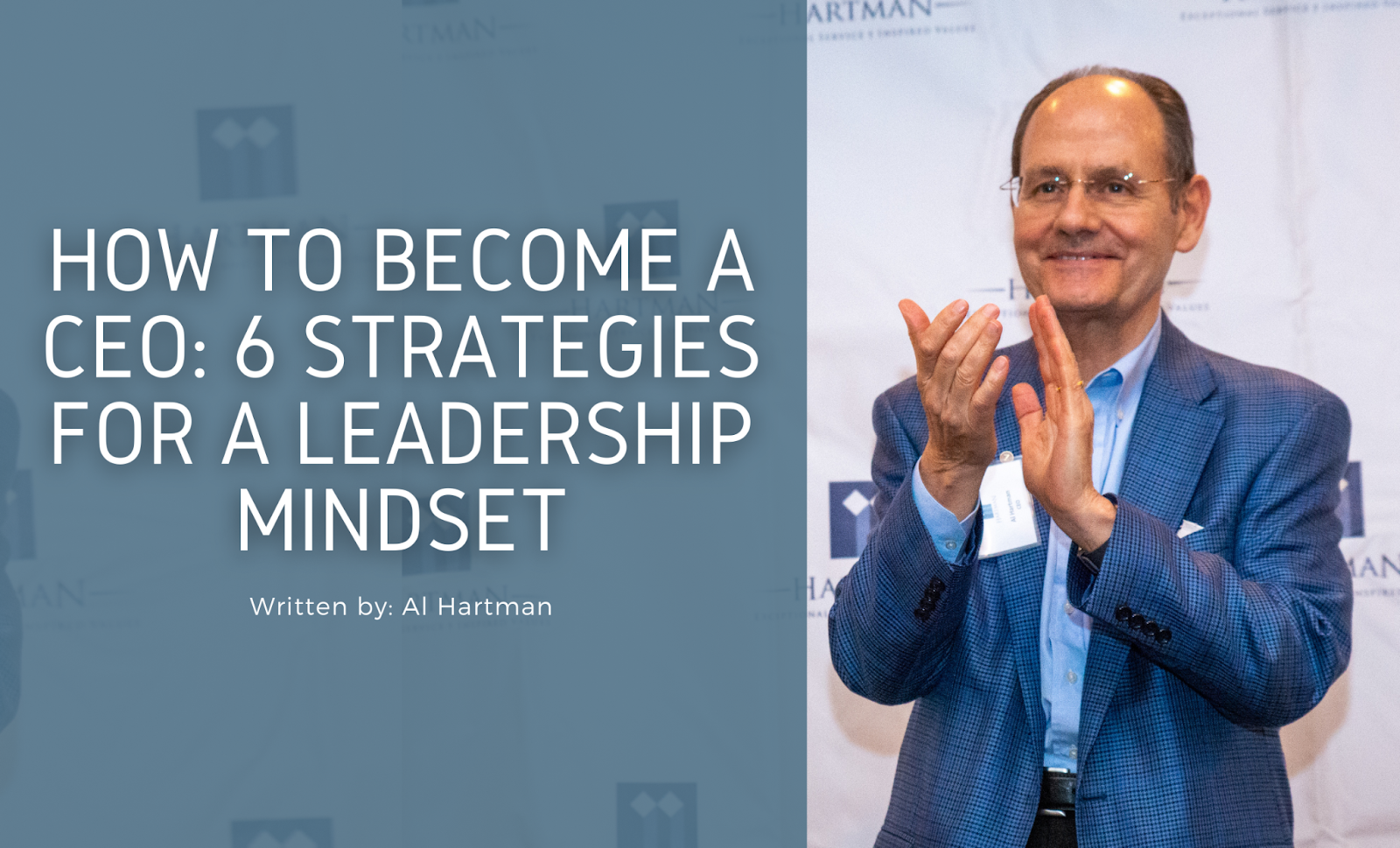
This article originally appeared on Texas CEO Magazine
If you ask 10 people what defines a great leader, you will probably get 10 different answers. Some may say the benchmarks of a great leader include a strong schooling background, working more hours than anyone else, or being the most likable person in the room. These answers are not right or wrong.
But when it comes to leadership, success isn’t defined by any one action, characteristic, or decision. It’s about your habits. What do you do consistently? What defines you? What will you be known for? These are the driving traits behind legacy leadership.
The path to greatness is not forged through quick wins but by methodical hard work, driven by values that influence your decisions.
In my 40 years in business I’ve learned a lot about the values that drive my decisions. One of them is a striving for excellence.
Leadership is not about being perfect. It never has been. Despite that, there should be no lack of effort to strive for excellence. While reading the book Excellence Wins, written by Horst Schulze, my good friend and member of our board at Hartman, I sincerely appreciated these words: “Excellence is never an accident. Excellence is a series of careful decision-making.”
It’s my desire that my employees and the community around me see me, Al Hartman, as one who has always strived for excellence, and I suspect I’m not alone in that hope. If you share this same hope, I want you to know that if you make it a priority, you can establish your company as one of excellence, build you own excellence, and foster your employees’ desires to become excellent leaders in their own capacities, too.
Five Leadership Strategies for Company Excellence
What does excellence look like in practice? There are many areas we must cover as leaders, but in my experience, a few strategies rise above the rest:
1. Clear Communication
Communication is key. Good leaders find time to effectively communicate with their teams.
As a leader, you have big ideas that require a lot of time. We all know that you can’t create more time. What you can do is help everyone on your team focus their time on the highest-priority items. This requires great proactivity and clarity in your communication: What is urgent? What is important? What is our strategy?
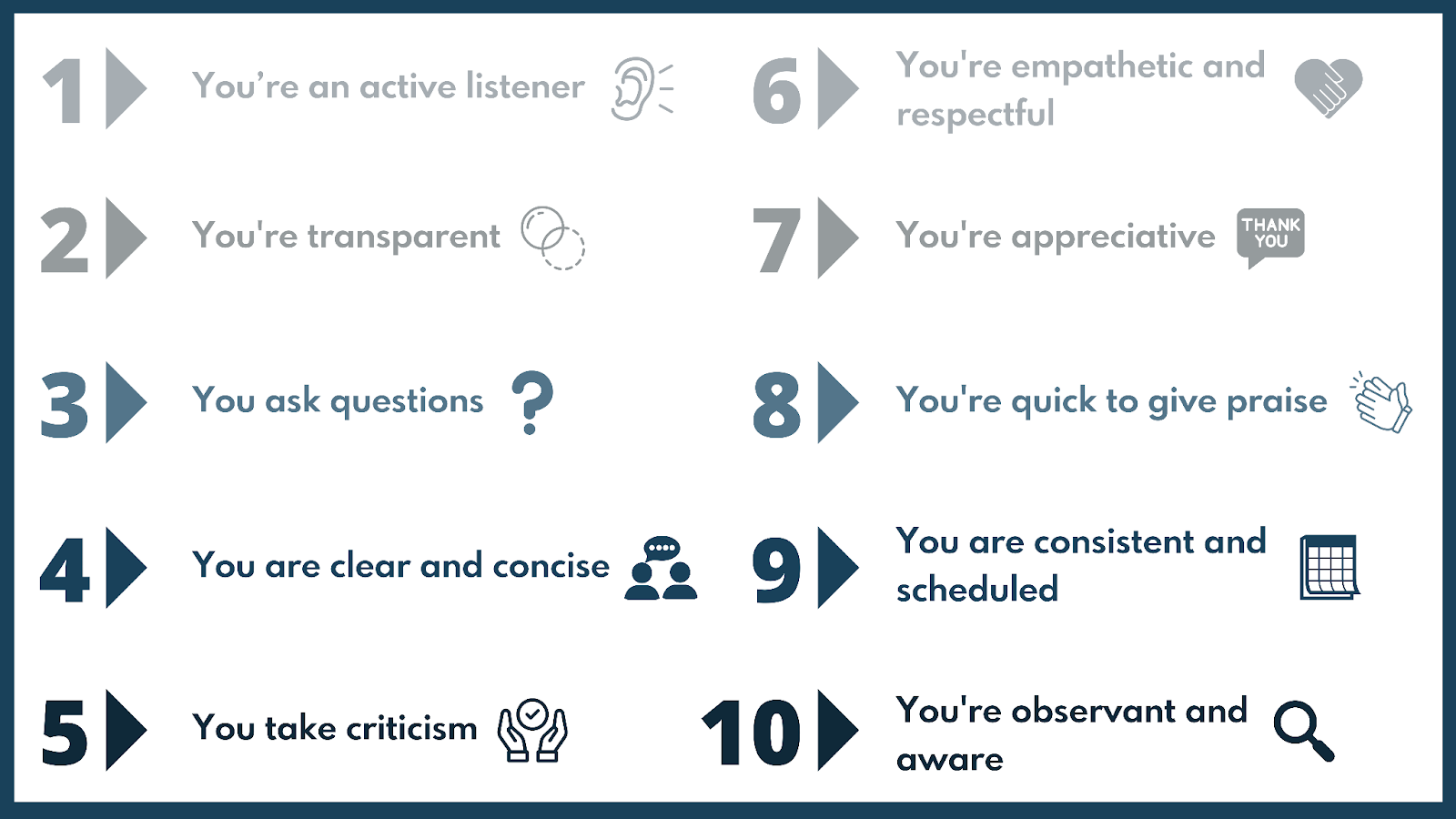
In a report from McKinsey, researchers found that regular and effective communication increased employee productivity by up to 25%. Get your employees in the know. Employees appreciate transparency. Express yourself, then actively listen and answer follow-up questions. When you do this, you aren’t just getting their buy-in but creating an opportunity for your challenges to quickly become your successes.
2. Accountability
“We are accountable and honor our commitments.” This is one of our seven core values we instill in our people, and it is one we take extremely seriously. Remember, the habits you create define you as a leader.
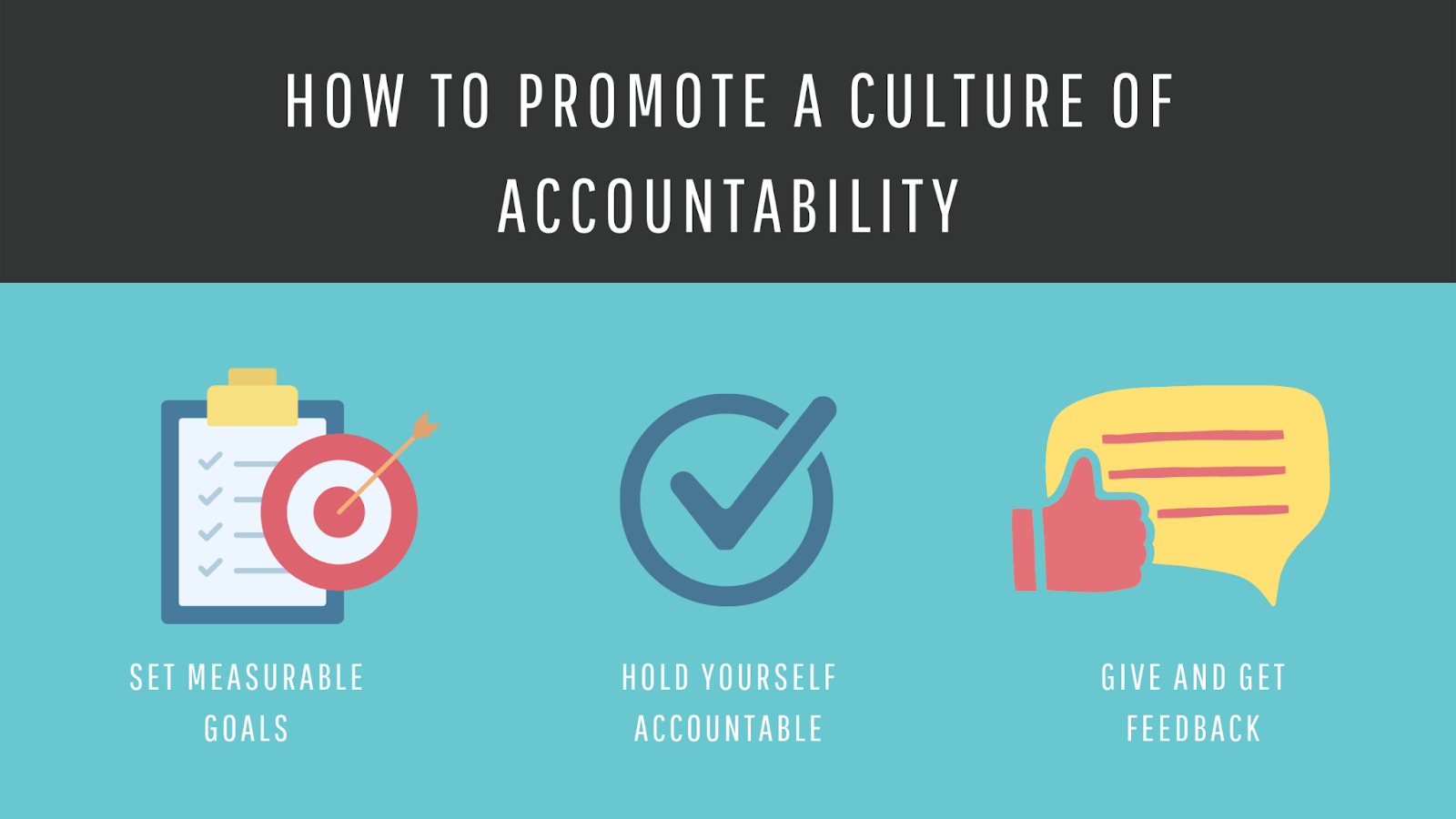
Picture a pyramid. As CEO of your company, you are at the top of the pyramid, upper management and the C-suite are on the second tier, department heads are on the third tier, and the remaining employees are at the base.
Where do you feel accountability should enter this picture? The answer should be clear: from the top down.
The leader of any organization is the most accountable of all. That is simply the truth, whether the CEO believes it or not.
If the company fails, it is the leader’s failure. If the company succeeds, it is the leader’s success.
Once you have accepted this, it makes sense to pass accountability through the organization from the top and down through each tier until it reaches every employee. This is achieved by modeling total accountability. Accountability is key in your pursuit of excellence in the workplace. Fail to model accountability, and you fail to foster a culture of accountability.
3. Customer Service
Horst Schulze’s book also shared an excellent framework for understanding whether your business’s customer service is on par.
The three universal rules go as follows:
- Customers want a product or service that has no defects.
- Customers want the person they are dealing with to treat them nicely.
- Customers want the product or service to be delivered in a timely manner.
Consider those rules: does your company fulfil its customers’ desires in each of those areas every time possible? If it does, you may have an excellent, and nearly perfect, company. For most, though, that is not the case.
Customer relationship management should be at the heart of all training, from upper management to entry-level employees. Customer service is everyone’s job, and each employee should be taught how to go the extra mile. Lacking excellence in customer service doesn’t just jeopardize reputation but profitability as well.
4. Emotional Intelligence
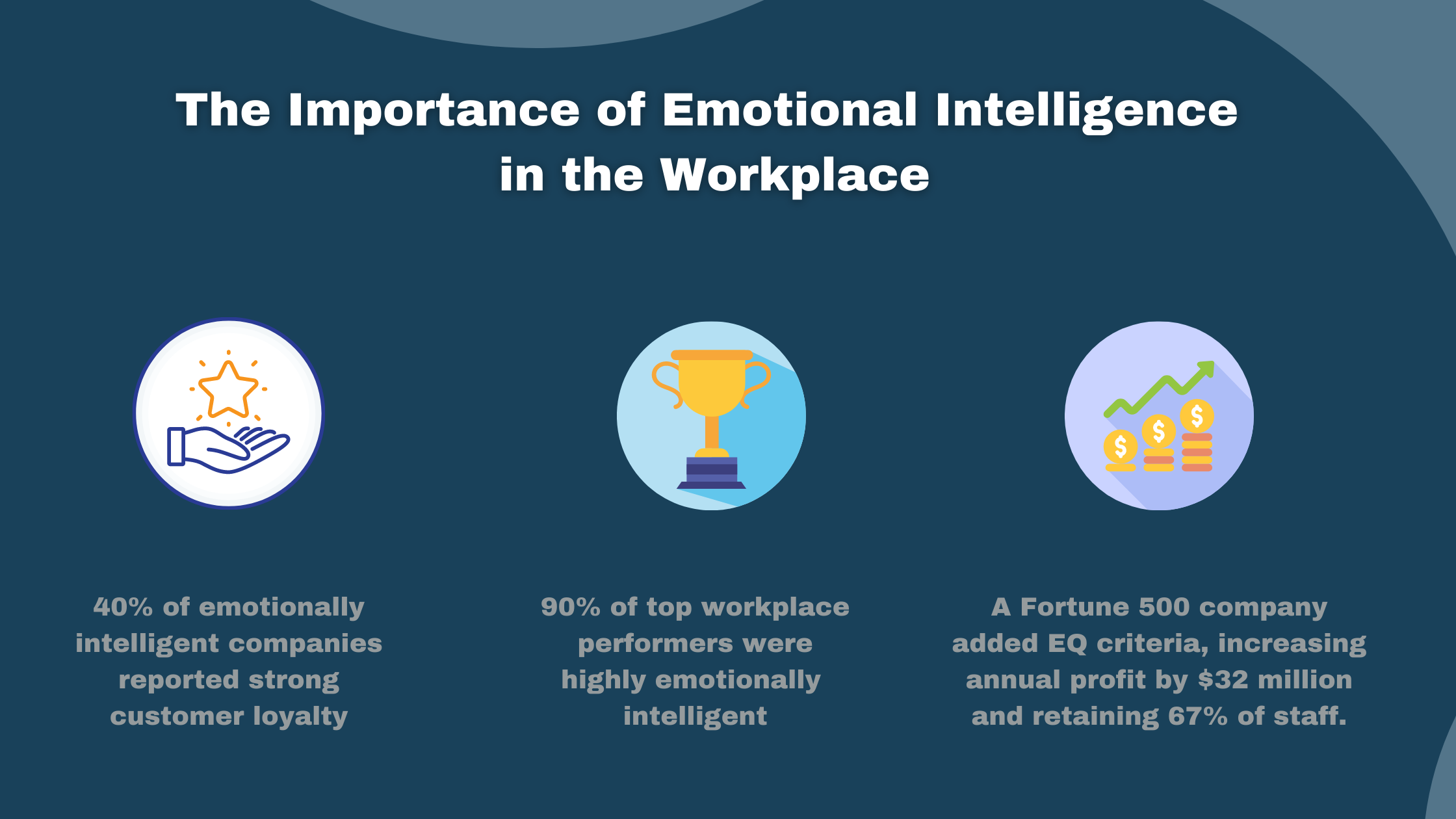
A key component of reaching the lofty goal of company excellence is hiring and mentoring employees to hold not only technical skills but emotional intelligence skills as well. Employees who have high emotional intelligence can empathize, proactively navigate challenges, and find solutions. In fact, employees who have high emotional intelligence have been proven to be 20 times more productive than those with low emotional intelligence. Additionally, in a Harvard Business Review report, researchers found that 40% of companies staffed by emotionally intelligent individuals had strong customer loyalty. For companies that did not prioritize this, that figure was just 12%. This chasm will also be reflected in employee loyalty.
As a leader, learn to place a premium on high emotional intelligence. It will translate into the level of excellence your company achieves.
5. The Power of Recognition
How closely do you monitor your employees’ loyalty? As a leader, that job can be more than full-time. A tool that many managers frequently overlook in building employee loyalty is the power of public recognition. At our company, we choose to publicly thank employees for going above and beyond and for exhibiting one or more of our core values by giving out “coins.” These one-off bonuses are issued on top of a team member’s paycheck. It is such a successful program that we spend over $100,000 per year in coins. The benefits from coins for our employee recognition efforts are more than worth the cost.
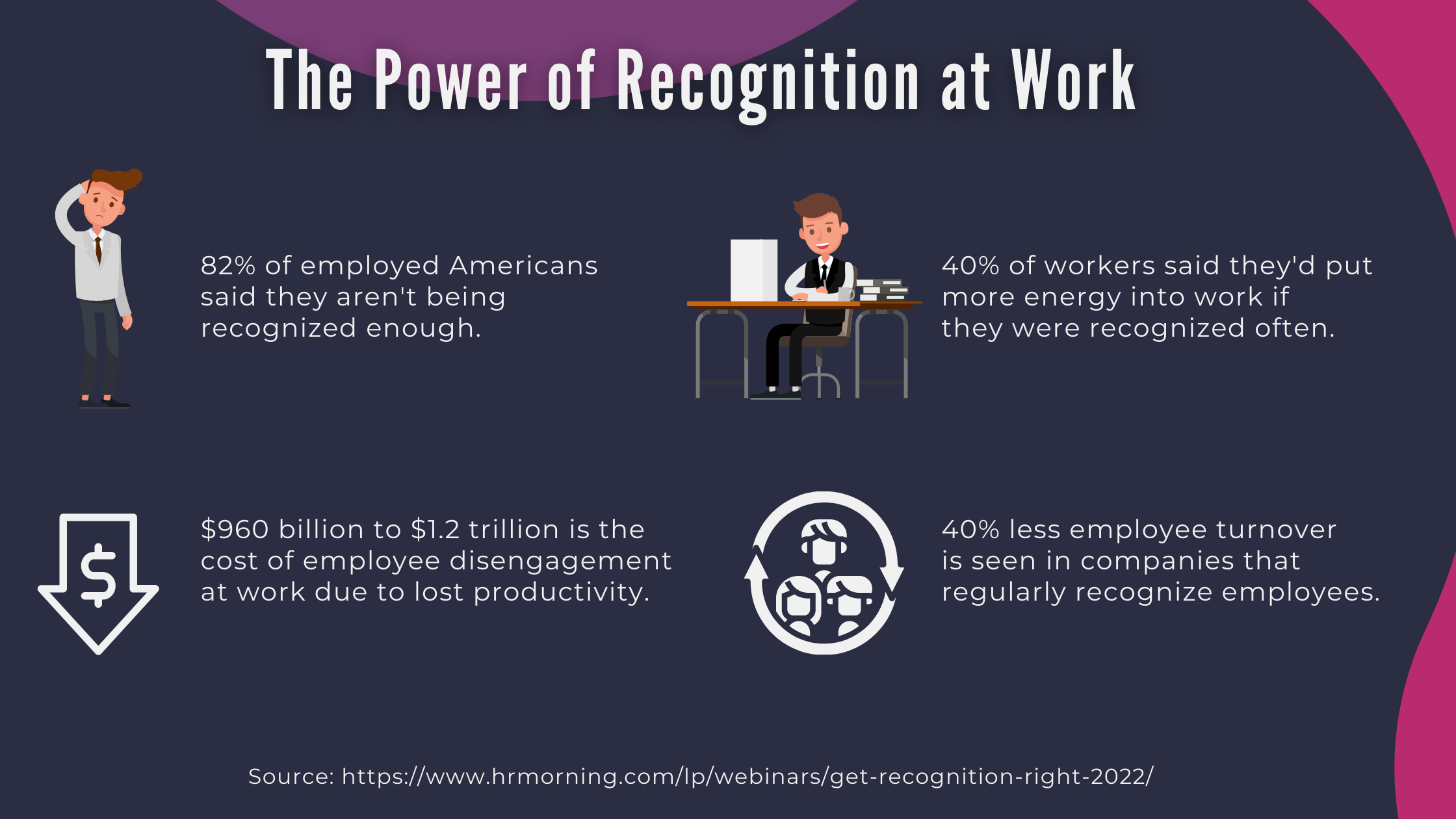
Employees should be rewarded for supporting your company’s mission, vision, and values. Their efforts toward achieving the company’s goals elevate the output of your business. In an HR report that I recently read, I learned that companies can expect as much as a 40% lower turnover rate when managers appropriately recognize their employees.
Need an idea on how to reward your employees? This is a topic I am quite passionate about. You can continue reading about it on my blog.
Leading With Excellence
If you want an excellent company, be an excellent leader. The five leadership activities I mentioned here are just a handful of what could be hundreds, even thousands, of ways you can improve your leadership abilities. Building excellence is not a guessing game; it is making actionable, smart decisions, and strategically paving the path for your team to follow.



